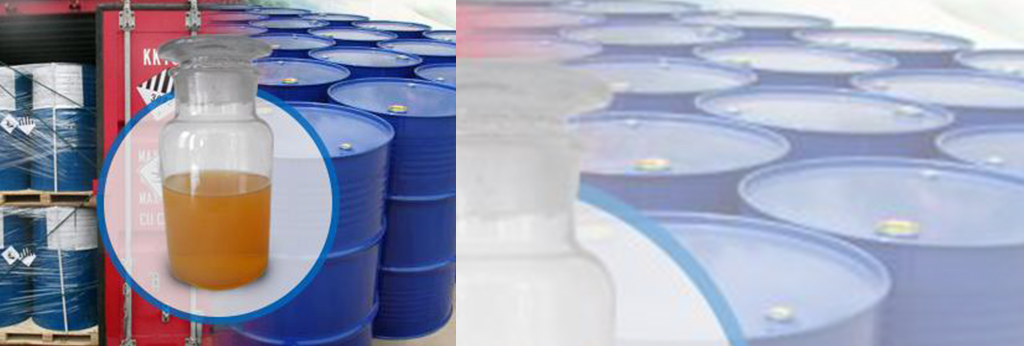
Demulsifiers, or emulsion breakers, are a class of specialty chemicals used to separate emulsions, for example, water in oil.
They are commonly used in the processing of crude oil, which is typically produced along with significant quantities of saline water.
This water (and salt) must be removed from the crude oil prior to refining. If the majority of the water and salt are not removed, significant corrosion problems can occur in the refining process.
The stability of the emulsion is due to the presence of a surface barrier that prevents the coalescence of dispersed oil droplets.
Due to the presence of compounds such as benzene, toluene, and cyclohexane, gas condensates form an oil-in-water emulsion.
The most effective method to overcome the breaking pattern and instability of the emulsion of gas condensate effluents is to use demulsifiers.
Also, the presence of water in crude oil causes problems such as increase in viscosity, corrosion of pipelines, increase in unusable waste, as well as storage and warehouse problems.
By using demulsifiers, the oil-water emulsion can be destroyed or made unstable, thus producing two immiscible and separate phases.
Commercially available demulsifier formulations are typically a mixture of two to four different chemistries, in carrier solvent(s) such as xylene, heavy aromatic naphtha (HAN), Isopropanol, methanol, 2-Ethylhexanol or diesel.
Application
Wastewater treatment
Sanitary industry
Degradation of oil-water emulsion
Packing
Demulsifiers mainly are supplied in 220 liters metallic or plastic barrels.
